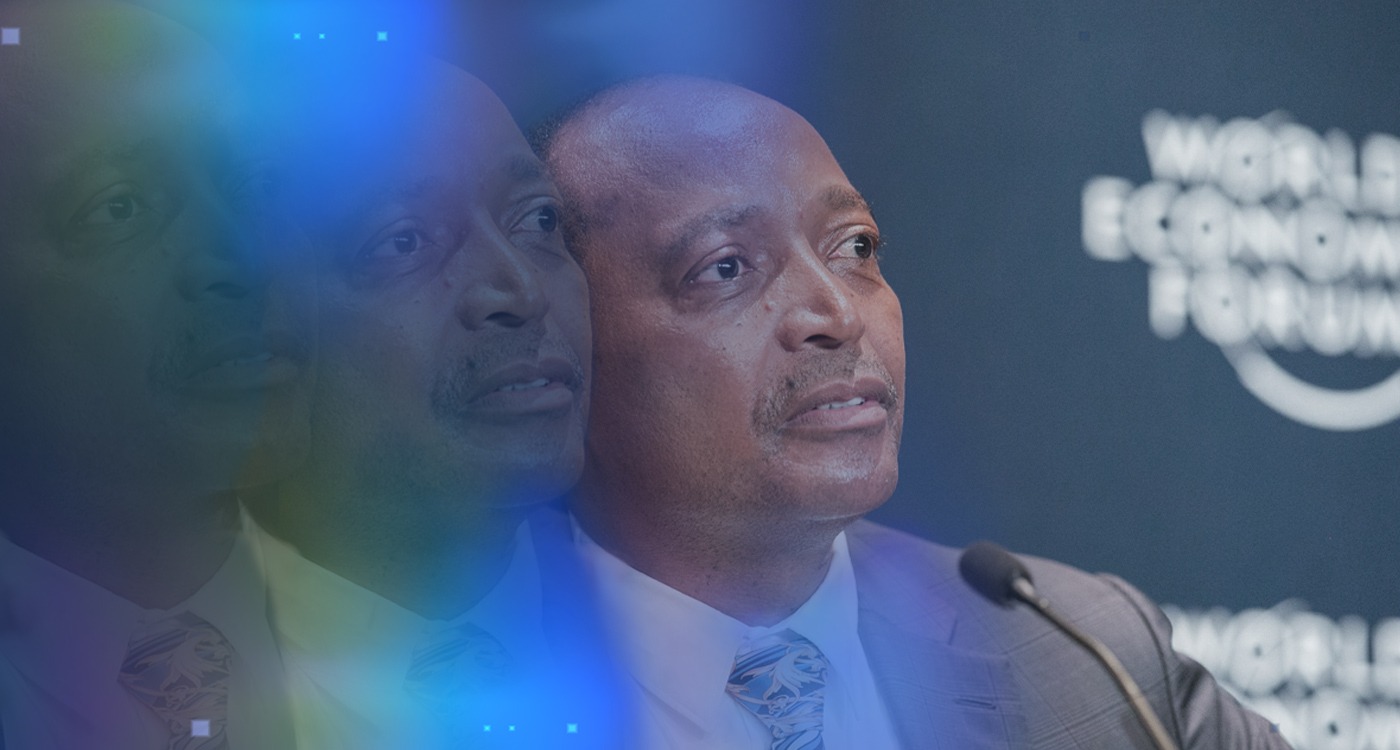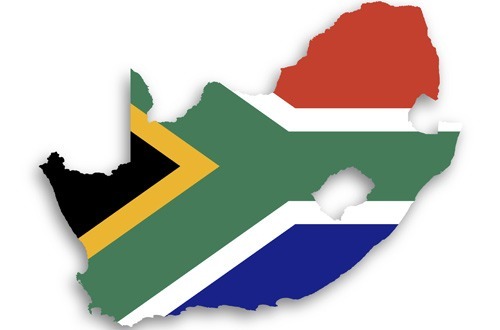
Retail Capital is allowing SMEs to win a makeover to build their brand with an investment of R250,000. During the summer campaign, SMEs are encouraged to share their vision of how they would like to see their business grow, and led by a team of experts, Retail Capital will work with the winning SME to help make their vision come true.
While South Africa’s economy is not faring well, Retail Capital CEO Karl Westvig remains optimistic about the country’s retail and hospitality sectors. “We are seeing some green shoots, with an increase in turnover in these sectors – starting from the end of September. Economic conditions remain very tough, but businesses seem to be trading well into October and we’re hoping this continues into the festive season trading.”
According to recent statistics from Statistics South Africa (Stats SA), South Africa’s retail sales rose by 5.5% year-on-year in August 2017, following a downwardly revised 1.6% gain in the previous month and above market expectations of 2.3%. It is the biggest gain in retail trade since August of 2012.
“I do believe that these sectors will see an improvement during the summer season. But, key to this will be for small business owners to ensure that they have the right amount of stock, adequate cash flow, as well as other systems in place to meet the ever-changing needs of customers,” says Westvig.
For many small businesses, however, continually adapting to market changes requires cash injections that they don’t often have.
The prize includes the following: business plan/consulting, marketing strategy, design and branding, website and social media and R50k capital to gear your business.
Westvig explains that the summer campaign tagline ‘Your Vision. Our Belief’ really speaks to why Retail Capital first opened its doors. “Our goal is to see the potential of small businesses and to work with them in making these become a reality.”
He adds that the idea is not to simply help one business during the campaign either. Westvig points out that one of the biggest challenges that small businesses face in the sluggish economy is enough foot traffic through their doors. “Generally, the main hurdle in creating brand awareness and projecting credibility of their establishments boils down to establishing a strong online presence.”
“One of the first ways that South Africans identify a business or service provider that they want to work with is over social media – even in a country where the digital divide has traditionally separated the technological haves from the have-nots,” he says.
He explains that companies that don’t have a social media presence are running the risk of being overlooked entirely. “They may attract customers in their community with signage or word of mouth, but to grow a business, they need to expand their reach – and that’s where social media comes in.”
But, the reality is that resource and time constraints mean that for many SMEs, social media is not prioritised. “Unfortunately for the average small business owner, they don’t have the time or expertise to get connected.”
Understanding the importance of having an online presence, Retail Capital has also committed to developing the digital presence of all campaign entrants. This would include setting up each entrant’s digital presence on platforms such as Google, Facebook, Twitter, Tripadvisor, Zomato and any others that may be relevant to their specific market or industry.
“As a partner to many SMEs in South Africa, we are continually looking at new and innovative ways to help provide them with the much-needed support for them to realise their visions. SMEs need to be supported with initiatives like targeted education and training, supportive legislation, and funding opportunities that collectively help them grow our national economy,” says Westvig.
Tiger Eyes Africa Expansion
Tiger Brands was looking for acquisitions outside SA and would place more emphasis on due diligence than in the past, management said last week.
CEO Lawrence MacDougall said the consumer goods group had a “clearer” acquisition strategy that focused on core product categories. Tiger had also “unweighted” due diligence considerations and would closely assess all aspects of target firms, including routes to market.
In 2012, former CEO Peter Matlare led the acquisition of a 65.7% stake in Nigeria’s Dangote Industries for R1.6bn, though successive losses prompted Tiger to sell the business back to tycoon Aliko Dangote for $1 in late 2015.
Tiger’s chief financial officer, Noel Doyle, said the group was pursuing bolt-on deals – “which we’ve generally executed quite well” – and larger opportunities at the right price.
“It’s just so tough to find value ” seller expectations are still very high,” Doyle said. Tiger’s strong balance sheet meant it had “significant capacity” for takeovers, he said. It could “comfortably” take on another R7.5bn to R8bn of debt.
“We’re starting to build a pipeline and we might have something to talk about at the half-year mark next year, but there’s no imminent transaction,” he said.
Tiger saw East Africa as an attractive market, Doyle said. It said it was selling its stationery and laundry-detergent operations in the region as they were noncore.
The group also planned to manufacture some of its South African “power brands” in other African states, partly in response to trade tariffs and a lack of foreign exchange liquidity in certain markets.
Doyle said that while Tiger was still deciding which brands to manufacture abroad, it wanted to build its presence in East Africa and Nigeria.
“Notwithstanding the political challenges in the short term [in East Africa], we still see that as an attractive region … for baby, homecare, some of our personal care brands, and potentially some of our breakfast brands.”

















